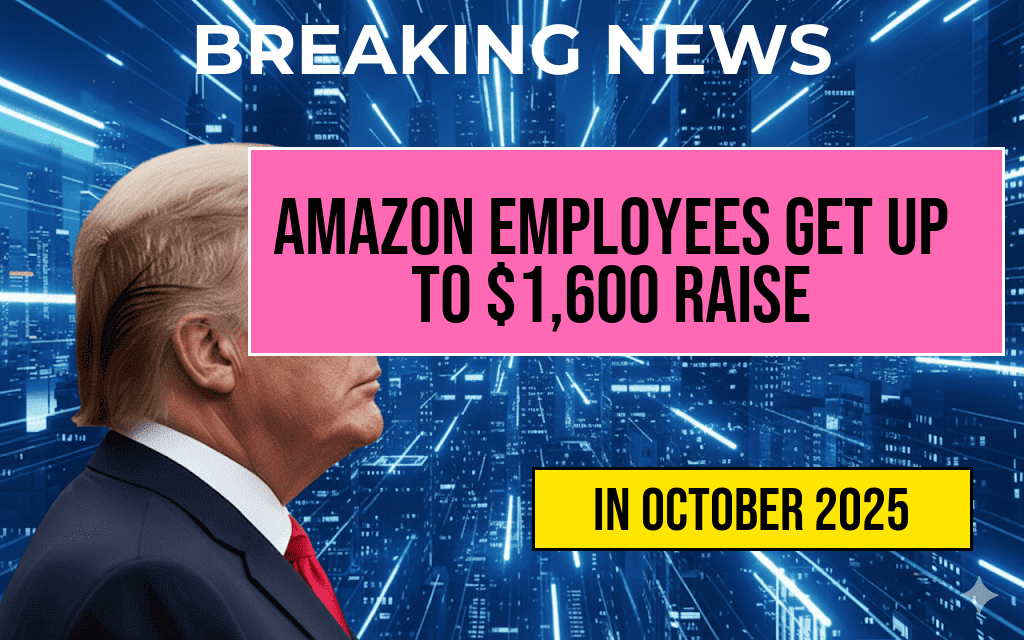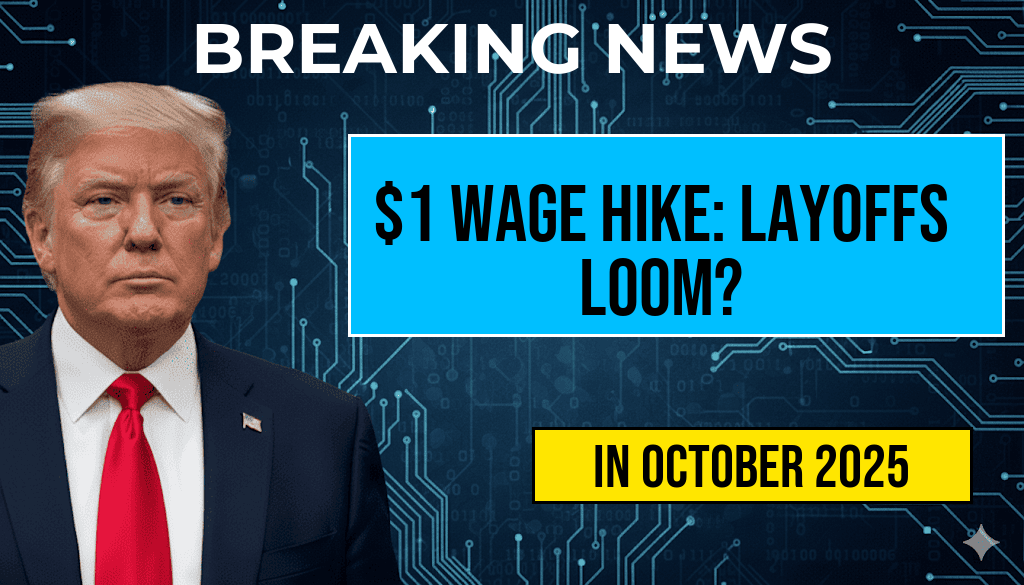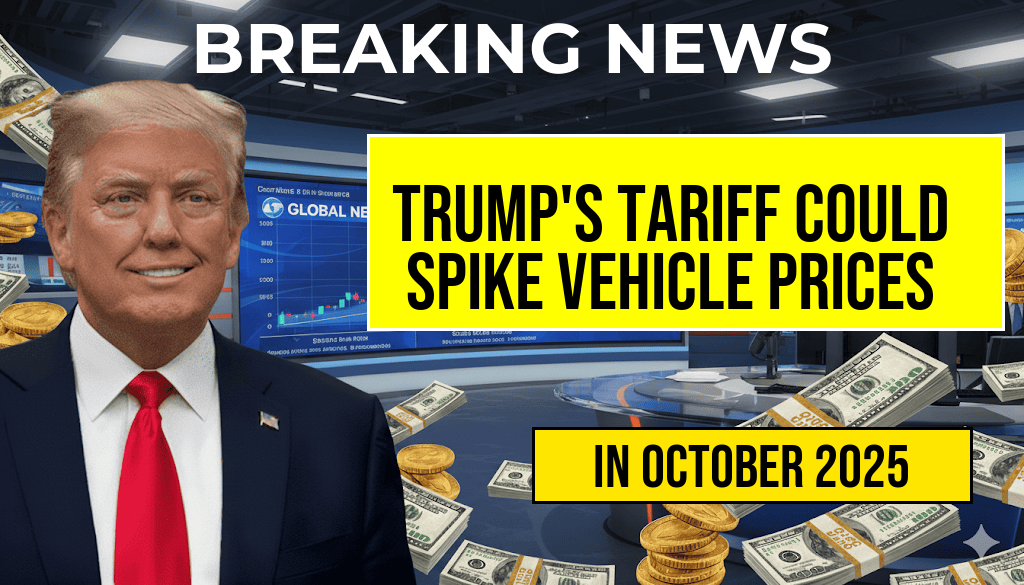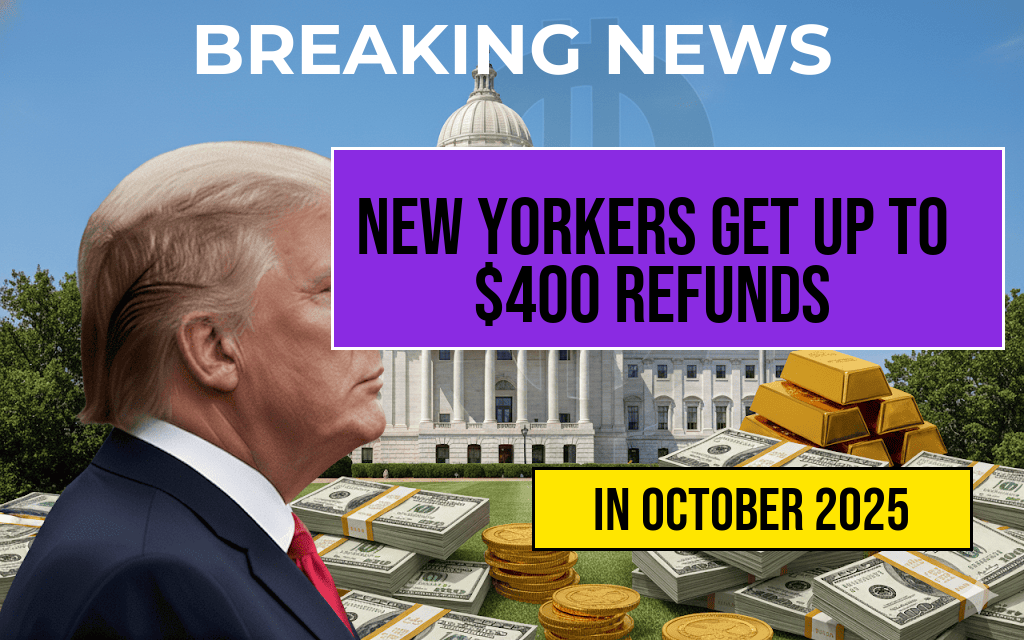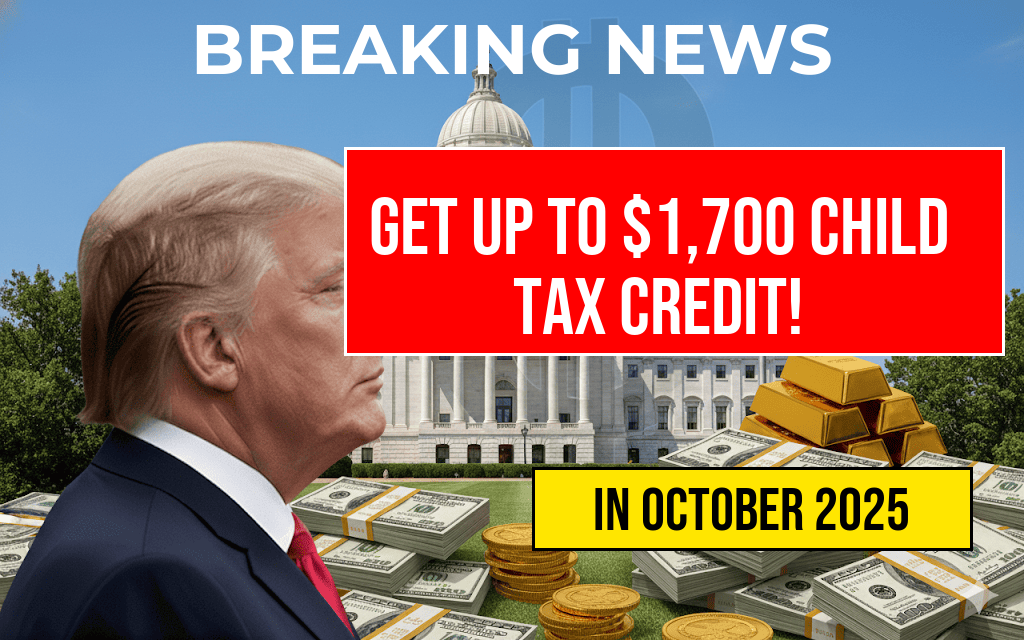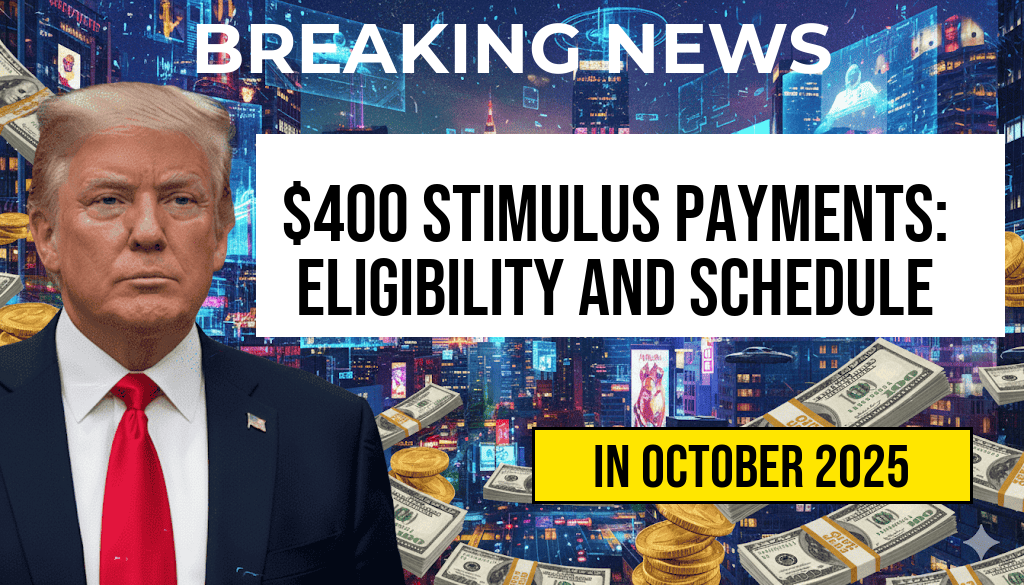Former President Donald Trump’s recent tariff threats aimed at the automotive industry have raised concerns among consumers and industry experts alike, with estimates suggesting that vehicle prices could spike by as much as $5,286. The potential introduction of a new tariff on imported vehicles and auto parts, which could reach 25%, is seen as a significant shift in trade policy that may impact the market in both immediate and long-term ways. As the automotive sector grapples with ongoing supply chain challenges and inflationary pressures, the repercussions of such tariffs could further complicate the landscape, leading to increased prices for consumers and potential job losses in the industry.
Understanding the Tariff Proposal
The proposed tariffs are part of Trump’s broader strategy to safeguard American manufacturing and reduce dependence on foreign imports. This approach has raised alarms within the automotive sector, which relies heavily on global supply chains. The President’s administration argues that these tariffs would protect domestic jobs and encourage the production of vehicles within the United States.
Potential Impact on Vehicle Prices
According to a recent analysis by the Washington Post, the imposition of high tariffs on imported vehicles could inflate the average price of new cars. Here’s how the numbers break down:
| Type of Vehicle | Current Average Price | Estimated Price Increase | New Estimated Price |
|---|---|---|---|
| Compact Cars | $25,000 | $3,000 | $28,000 |
| SUVs | $35,000 | $4,500 | $39,500 |
| Trucks | $40,000 | $5,286 | $45,286 |
As illustrated, the price hikes vary significantly depending on the type of vehicle. The higher tariffs would disproportionately affect larger vehicles, such as trucks and SUVs, which are popular among American consumers.
Consumer Reactions and Industry Response
Consumer reactions to the potential price increases have been mixed. Many buyers are already feeling the pinch of inflation, with car prices rising steadily over the past few years. The National Automobile Dealers Association (NADA) has voiced concerns that new tariffs would exacerbate existing challenges in the market, leading to decreased sales and a longer-term impact on dealership profitability. NADA President Mike Stanton stated, “The last thing car buyers need right now is a new tax on their vehicle purchases.”
Automakers are also preparing for a variety of scenarios. Companies like Ford and General Motors have expressed their opposition to the tariff measures, citing the need for a collaborative approach to trade that benefits both American workers and consumers. In a recent statement, a GM spokesperson remarked, “We need to ensure that the U.S. automotive industry remains competitive globally.”
Global Supply Chain Considerations
The automotive industry is intricately linked to global supply chains, which have been strained due to recent events such as the COVID-19 pandemic and geopolitical tensions. Imposing tariffs could disrupt these networks further, leading to delays and shortages. Experts warn that increased costs may not only affect car buyers but could also lead to fewer options available in the market.
- Supply Chain Disruptions: Many components of vehicles are sourced from multiple countries.
- Job Security: Tariffs may lead to layoffs in dealerships and manufacturing plants.
- Long-Term Market Changes: Changes in consumer behavior could emerge as buyers adapt to higher prices.
Conclusion: Monitoring the Situation
As the automotive industry braces for potential tariff implementation, stakeholders are closely monitoring the developments. Policymakers, consumers, and industry leaders alike are weighing the implications of Trump’s tariff threats on vehicle prices. With the automotive market already facing inflationary pressures and supply chain issues, the introduction of new tariffs could have far-reaching consequences for both the industry and consumers across the nation.
Frequently Asked Questions
What are the potential impacts of Trump’s tariff threat on vehicle prices?
Trump’s tariff threat could lead to an increase in vehicle prices by up to $5,286, significantly affecting consumers and the automotive market.
Which vehicles are most likely to be affected by the tariffs?
The tariffs are expected to impact a wide range of vehicles, particularly those imported from countries that are subject to the new tariffs. This includes both passenger cars and trucks.
How might consumers react to rising vehicle prices due to tariffs?
As vehicle prices rise due to tariffs, consumers may delay purchases, opt for used vehicles, or explore alternative transportation options, ultimately affecting overall vehicle sales.
What are the long-term implications of these tariffs on the automotive industry?
Long-term implications may include increased manufacturing costs, potential layoffs in the automotive industry, and shifts in market dynamics as companies adjust to new pricing structures.
Are there any strategies consumers can use to mitigate the effects of rising vehicle prices?
Consumers can shop around for the best deals, consider financing options, or look for incentives offered by dealers, which may help offset some of the increased costs from tariffs.


